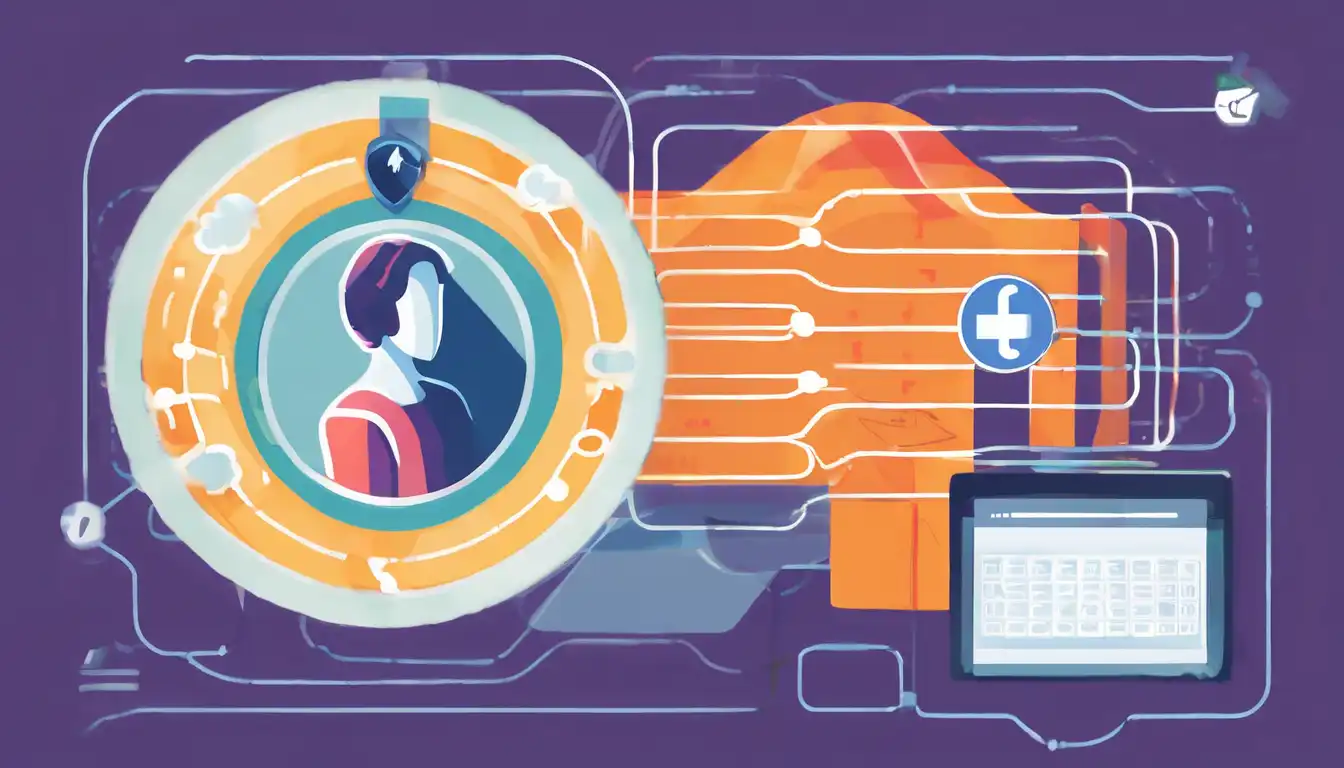Why VPNs Are Crucial for Online Privacy
In today's digital age, protecting your online privacy has never been more important. With cyber threats on the rise, a Virtual Private Network (VPN) serves as a critical tool in safeguarding your internet activity from prying eyes. This guide will explore the ins and outs of VPNs and how they contribute to your online privacy.
Understanding VPNs
A VPN is a service that encrypts your internet connection and hides your IP address, making your online actions virtually untraceable. This not only secures your data from hackers but also allows you to bypass geo-restrictions and censorship.
The Importance of Online Privacy
Online privacy is about controlling what information you share on the internet and who can access it. Without proper measures, your personal data can be exploited for malicious purposes, including identity theft and financial fraud.
How VPNs Enhance Your Online Privacy
VPNs play a pivotal role in enhancing your online privacy through several mechanisms:
- Encryption: VPNs encrypt your data, making it unreadable to anyone who intercepts it.
- IP Masking: By hiding your real IP address, VPNs make it difficult for websites and advertisers to track your online movements.
- Secure Connections: VPNs provide a secure tunnel for your data to travel through, even on unsecured public Wi-Fi networks.
Choosing the Right VPN
Not all VPNs are created equal. When selecting a VPN, consider factors such as encryption standards, no-log policies, server locations, and speed. It's essential to choose a reputable provider that aligns with your privacy needs.
Common Misconceptions About VPNs
Despite their benefits, there are several misconceptions about VPNs:
- VPNs Are Only for Tech Savvy: Modern VPNs are user-friendly and can be used by anyone.
- VPNs Slow Down Your Internet: While some speed reduction is possible, premium VPNs offer fast and reliable connections.
- VPNs Provide Complete Anonymity: While VPNs enhance privacy, they don't make you completely anonymous online.
Best Practices for Online Privacy
Beyond using a VPN, here are additional steps to protect your online privacy:
- Use strong, unique passwords for all accounts.
- Enable two-factor authentication where available.
- Be cautious about the personal information you share online.
- Regularly update your software and devices to patch security vulnerabilities.
Conclusion
Understanding VPNs and their role in online privacy is essential in today's interconnected world. By encrypting your data and masking your IP address, VPNs provide a layer of security that is increasingly necessary. Remember, protecting your online privacy is an ongoing process that involves more than just using a VPN. Stay informed and proactive about your digital security to navigate the internet safely and confidently.
